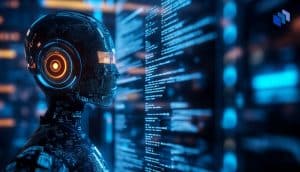What Does Hardware Virtualization Mean?
Hardware virtualization refers to the creation of virtual (as opposed to concrete) versions of computers and operating systems. This technology was developed by Intel and AMD for their server platforms and was designed to improve the performance of the processor and overcome simple virtualization challenges like translating instructions and memory addresses.
Hardware virtualization has many advantages because controlling virtual machines is much easier than controlling a physical server.
The term hardware virtualization is also known as hardware-assisted virtualization.
Techopedia Explains Hardware Virtualization
Hardware virtulaization involves embedding virtual machine software into the hardware component of a server. The software used is known by several different names, although hypervisor and virtual machine monitor are the most common.
Hardware virtualization is an evolving technology that is gaining popularity in server platforms. The basic idea of the technology is to consolidate many small physical servers into one large physical server so that the processor can be used more effectively. The operating system running on a physical server gets converted into a distinct OS running inside the virtual machine.
The hypervisor controls the processor, memory and other components by allowing several different operating systems to run on the same machine without the need for a source code. The operating system running on the machine will appear to have its own processor, memory and other components.





